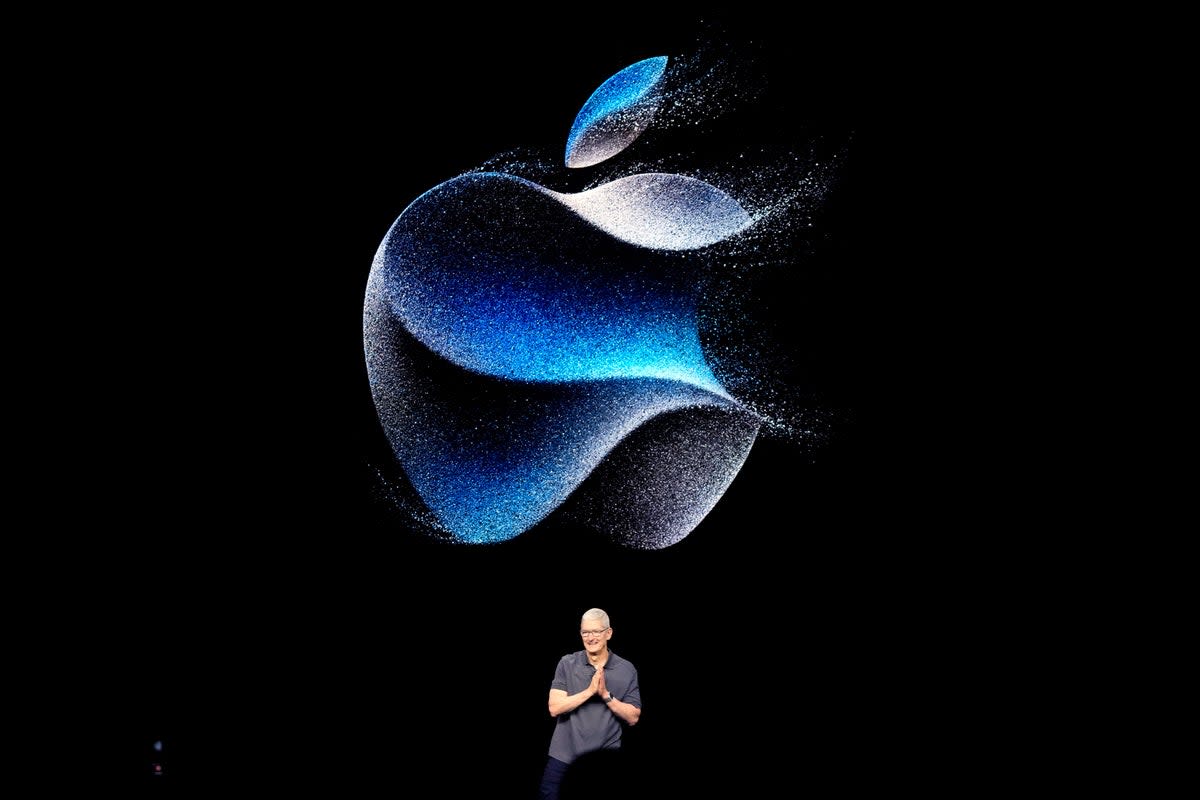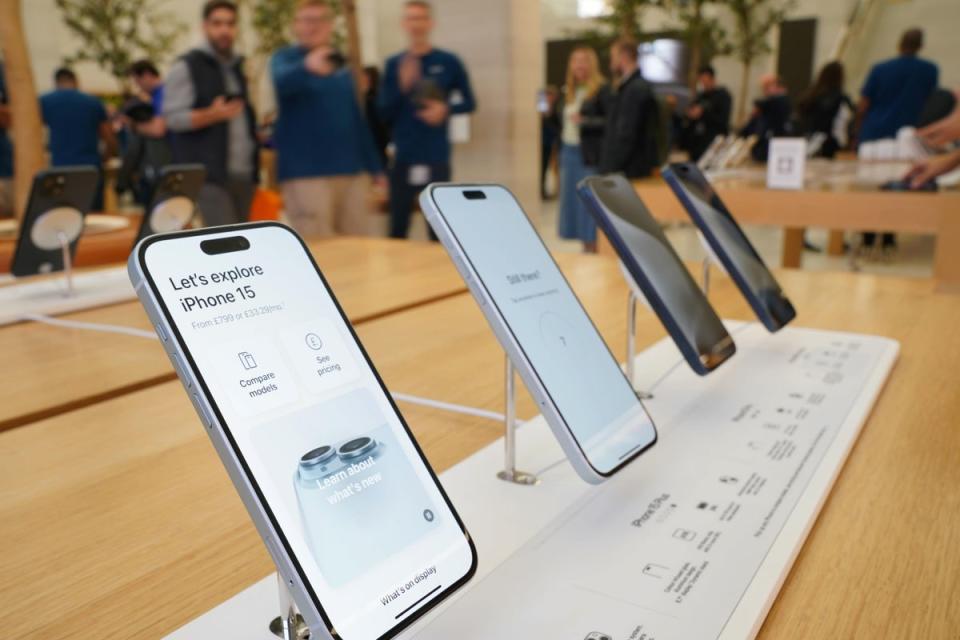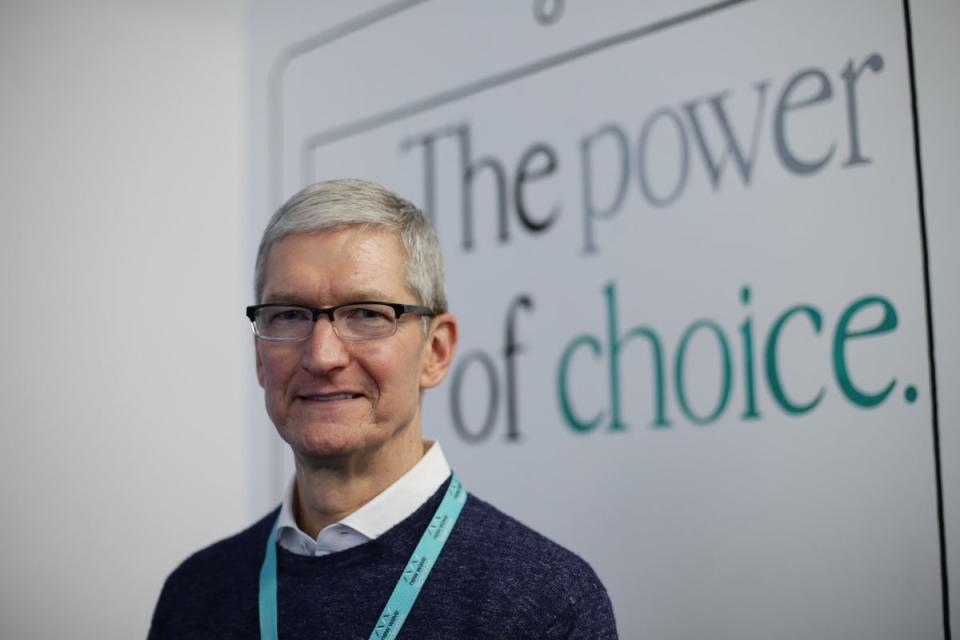Why is the US suing Apple? All you need to know about the battle over iPhone prices and apps

Apple is facing a protracted legal battle that could force it to lower iPhone prices and improve cross-platform messaging.
The US Department of Justice (DoJ) is suing the tech giant for building an alleged monopoly over smartphones through anticompetitive means.
Apple has achieved its dominance by imposing restrictions on developers and keeping out other products and services, the DoJ claims in its civil antitrust suit.
Here’s what you need to know about the case and how it could impact the smartphones you buy.
What is the antitrust lawsuit against Apple?
The DoJ is throwing the kitchen sink at Apple as part of a lawsuit that takes in almost all of its products and services.

In the 80-page legal filing, Apple is essentially accused of keeping the public locked to its smartphones by placing onerous restrictions on app developers and rival hardware makers. This has allowed Apple to “extract” more money from consumers over the years as they have less choice in the market, the DoJ states.
Speaking to the press, US attorney general Merrick Garland even mentioned that a new iPhone costs up to $1,600 (£1,599 in the UK). That compares to £269 for the original iPhone back in 2007, though Apple would argue that its phones have grown bigger and better since.
The lawsuit, filed in a New Jersey federal court, covers several alleged anticompetitive practices, including:
Blocking innovative apps: Apple has hindered the growth of so-called super apps that are like multiple apps within one, the DoJ claims. These apps would make it easier for consumers to switch to rival phone platforms.
Suppressing mobile cloud streaming services: Why doesn’t Xbox have a dedicated Game Pass app? Because Apple has blocked the development of so-called cloud streaming apps that let you play powerful games on your mobile, the lawsuit states.
The battle over green bubbles in Messages: Texting friends and family on Android phones from an iPhone feels broken. The DoJ blames the shoddy experience on Apple’s decision to lower the quality of cross-platform messaging.
Diminishing non-Apple Watch smartwatches: Other smartwatch makers don’t get the same breadth of iOS features as the Apple Watch, the lawsuit alleges. Another reason to keep consumers buying iPhones.
Limiting third party digital wallets: Apple won’t let other apps use tap-to-pay functionality, making it harder to switch to a different iPhone as you can’t take your wallet with you, the DoJ claims.

Summing up the US government’s mood, the lawsuit states: “Rather than respond to competitive threats by offering lower smartphone prices to consumers or better monetisation for developers, Apple would meet competitive threats by imposing a series of shapeshifting rules and restrictions in its App Store guidelines that would allow Apple to extract higher fees, lower innovation, offer a less secure or degraded user experience, and throttle competitive alternatives.”
Why is Apple being sued?
The first legal challenge to Apple by the sitting US government comes after years of scrutiny of tech’s biggest whales on both sides of the pond. Trillion-dollar companies like Apple, Amazon, Google, and Meta have faced the ire of global regulators, with deals blocked and fines meted out.
Concerns about the market power of big tech companies, including Apple, started gaining steam around 2016. At the time, fears were growing about social media’s power to spread misinformation during the US general election.
Apple also clashed with the FBI in 2015 and 2016 after it refused to create a backdoor into an iPhone used by a perpetrator of the San Bernardino terrorist attack. Four years later, Apple, alongside other tech companies, was grilled by lawmakers during antitrust hearings by the House Judiciary Committee.
More recently, the EU’s new set of tech regulations forced Apple to open up its iPhone to third-party app stores and payment systems.
How has Apple responded?
Coming out on the defensive, Apple has said the DoJ’s lawsuit would hinder its ability to create innovative products, leaving consumers worse off as a result.
“At Apple, we innovate every day to make technology people love, designing products that work seamlessly together, protect people's privacy and security, and create a magical experience for our users,” Apple said in a statement.

“This lawsuit threatens who we are and the principles that set Apple products apart in the fiercely competitive markets. If successful, it would hinder our ability to create the kind of technology people expect from Apple – where hardware, software and services intersect.”
Apple continued: “It would also set a dangerous precedent, empowering government to take a heavy hand in designing people's technology. We believe this lawsuit is wrong on the facts and the law, and we will vigorously defend it.”
What impact has the suit had on Apple?
Following the announcement of the lawsuit, Apple’s share price slid by four per cent to close at $171.37 (£135.59). The company’s shares have dropped eight per cent overall this year, compared to gains for its rivals Microsoft and Alphabet on the back of their splashy AI services.
When will there be a decision?
Based on former antitrust cases, Apple is in for a lengthy legal battle that could take years to conclude.
How do the Apple and Microsoft cases compare?
Back in 1998, the DoJ alleged Microsoft abused its dominance in PC operating systems to stifle rivals like Netscape Navigator. The case set precedents for defining monopoly power and the limits of tech company control over their platforms. After an initial ruling ordered the breakup of Microsoft, an appeals court overturned it. All told, it took three years to reach a settlement, and another year for it to be approved.

 Yahoo News
Yahoo News 
